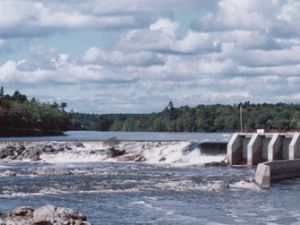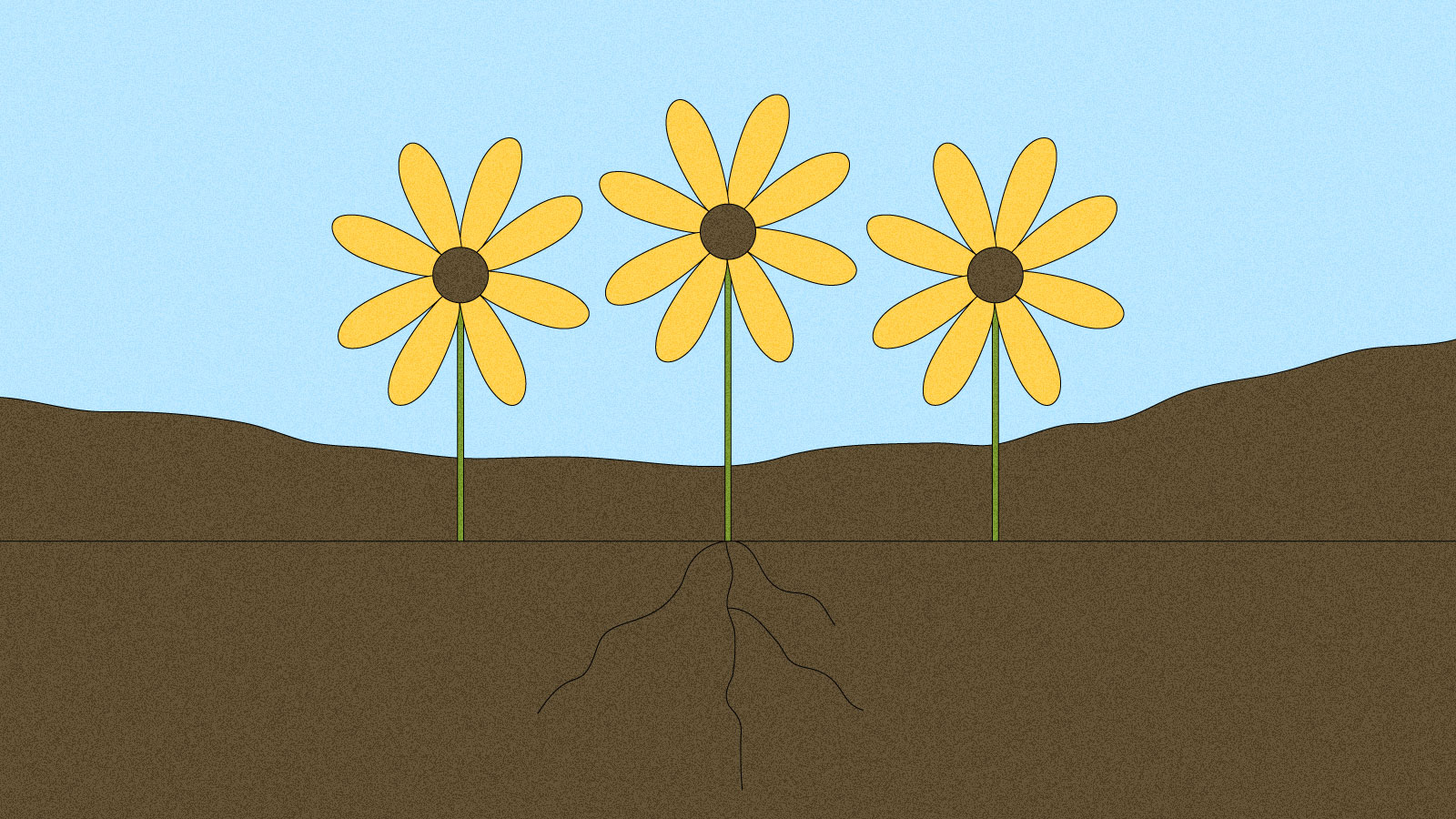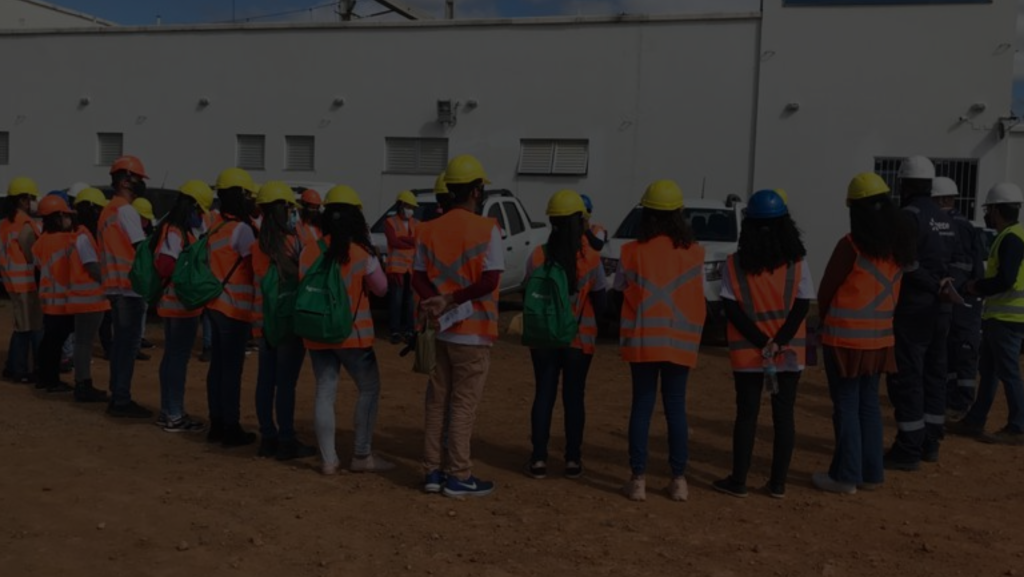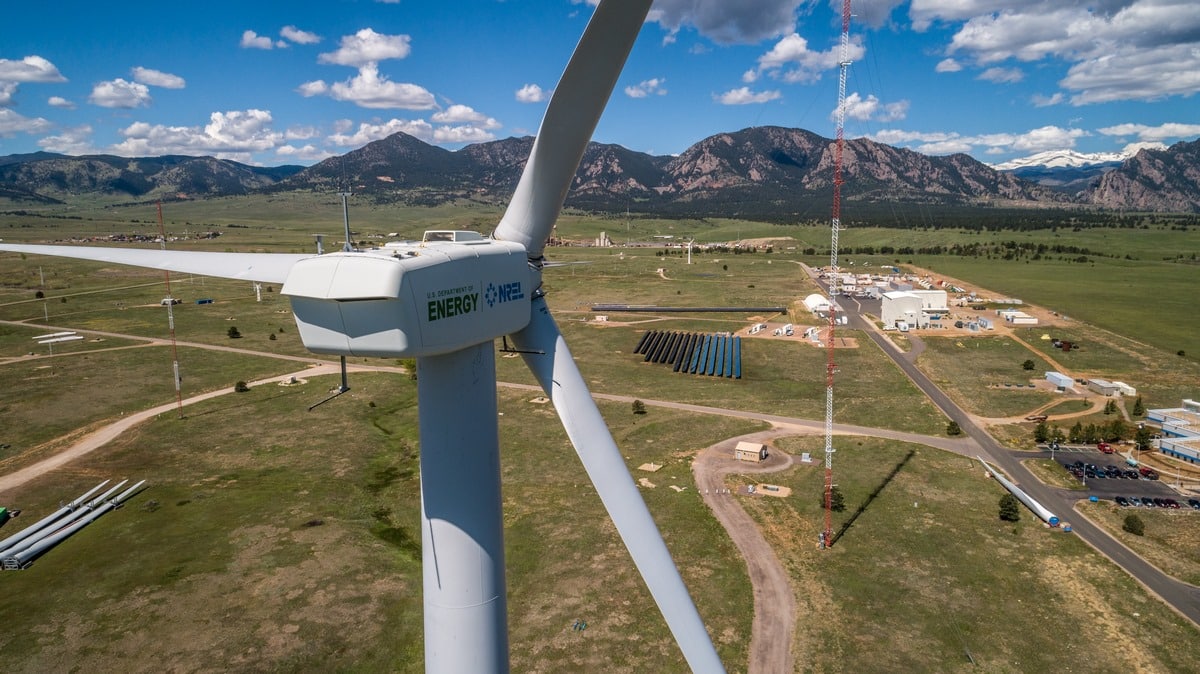
 Norway, a country that generates more than 80{9d1f0b33d0dfecc7a532185a91e80dc02994fcd6e1d2f71ba6b569dea4e7d0d7} of its electricity from hydropower, has added to its renewable repertoire in the guise of a beautifully Kebony-clad 30GWh plant. The plant is situated deep within the mountains of Helgeland, a hiker’s paradise just below the Arctic Circle. The region is known for its unique coastline and spectacular mountain formations and the architects wanted the plant’s design to be inspired by and reflect the landscape, whilst also functioning as an attraction for hikers in the back country wilderness.
Norway, a country that generates more than 80{9d1f0b33d0dfecc7a532185a91e80dc02994fcd6e1d2f71ba6b569dea4e7d0d7} of its electricity from hydropower, has added to its renewable repertoire in the guise of a beautifully Kebony-clad 30GWh plant. The plant is situated deep within the mountains of Helgeland, a hiker’s paradise just below the Arctic Circle. The region is known for its unique coastline and spectacular mountain formations and the architects wanted the plant’s design to be inspired by and reflect the landscape, whilst also functioning as an attraction for hikers in the back country wilderness.
The Øvre Forsland power station has been designed to educate hikers about power production by allowing visitors to experience the production of hydraulic electricity at various points throughout the process. From the nearby bridge, the powerful water flow that drives the turbines can be seen emerging from the station and the heart of the plant and the inner workings are exposed through an opening, which reveals the light design of the interior – inspired by the mystery of the Northern Lights.
Øvre Forsland is located on the river bank, in a clearing at the edge of a spruce forest. A main inspiration for the design was the verticality and the irregularity of the spruce trees. Along with extensive use of stone, slate and glass on the exterior of the building, Kebony wood is used in the building’s cladding. Kebony was chosen for the build primarily to its beauty and to its hardwearing qualities but sustainability was also of paramount importance to the architects. Kebony is a Norwegian wood, produced using sustainably sourced soft wood species which are impregnated with a non-chemical bio-based product and heated under pressure, resulting in a highly durable and maintenance free product. As such Kebony diverts demand away from our endangered tropical forests.
SOURCE: Energy articles, news, definitions – Renewable Energy Articles – Read entire story here.







